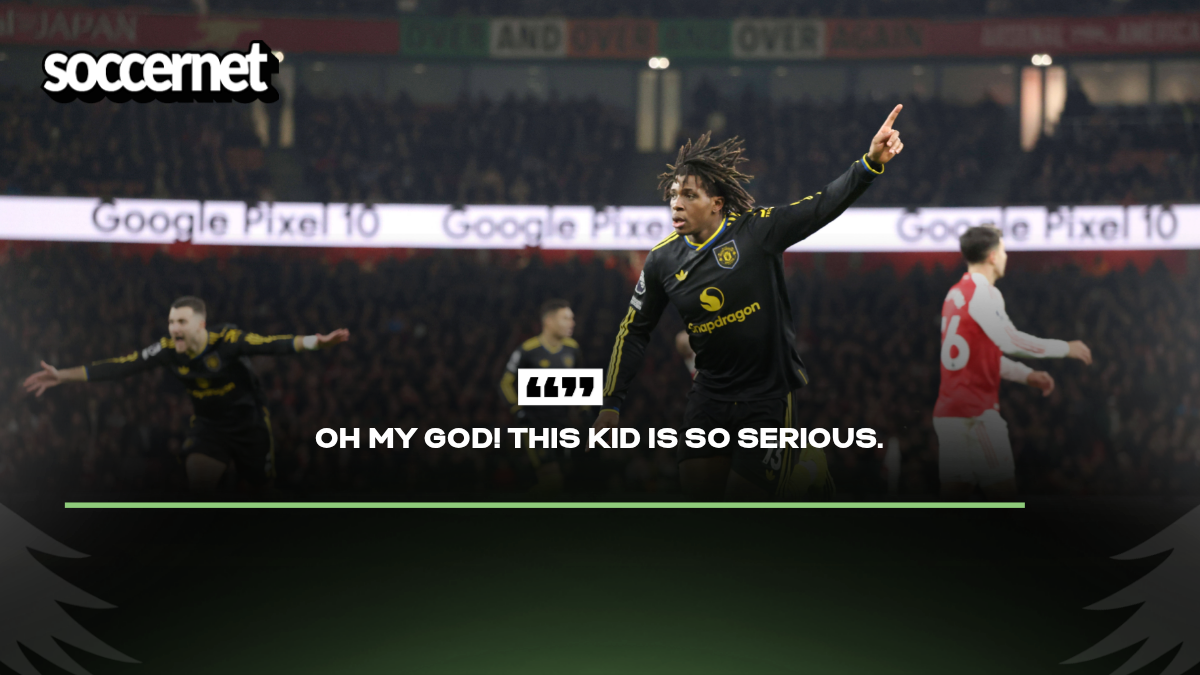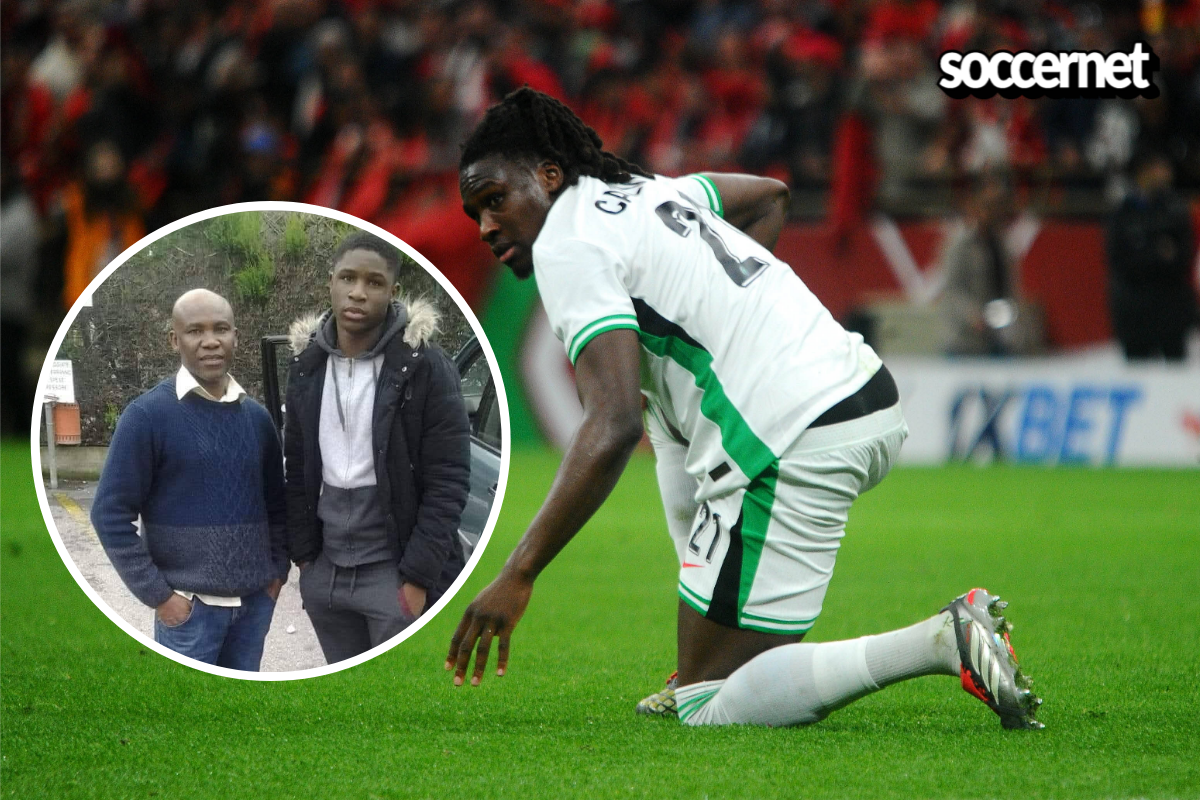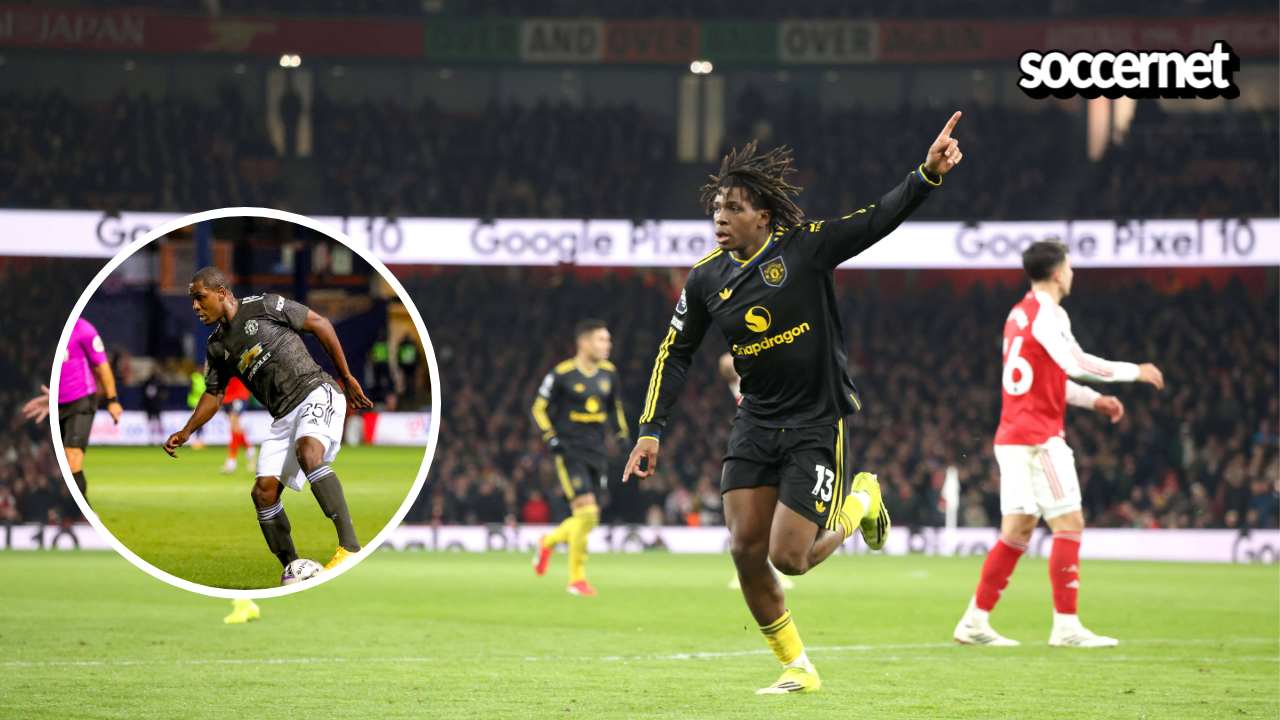Even screen genius Steven Spielberg could not have scripted any better the twists and turns that have characterised the Nigerian forward's career since the last few hours in January.
Watching as this story unfolded episode by episode as been intriguing and awe-inspiring, whether you're a United fan or not.
It was already the tale of a lifetime for Odion Ighalo to have risen from the squalors of Ajegunle – a poverty-stricken suburb of Lagos, Nigeria – to the biggest stage of English football with Watford.
And like fantasy fiction from a J.K. Rowling book, it then grew into the stuff of dreams when a supposedly washed-out footballer, seemingly counting down towards retirement in the backwaters of China, resurfaced at one of the world's most successful clubs and became a fans favourite within a matter of days.
Throw in there the fact that Ighalo is the first-ever Nigerian to feature and score for the Red Devils, and you'll have yourself an anecdote guaranteed to be told and retold several decades from today.
It gets better.
Four goals in eight appearances and a cargo-load of positive energy, which appears to permeate every fibre that makes up the club's fabric, assure Ighalo that a permanent offer from United may not be far off the table.
Ole Gunner Solskjaer's team needs him. The fans love him. And he's dreamt of this his whole life. It's just a matter of time, surely.
But then, COVID-19 struck and forced football out of the pitch and out of our lives. And as the coronavirus ravaged Europe and football took a backseat, one would have imagined that the Ighalo story would pause and wait for normalcy to return.
But who can lie across the track to stop a moving train?
Out of the blues last week, Shanghai Shenhua pulled a dark move out of WWE Undertaker's trademark collections, expressing a desire to take back their beloved striker and offering to more-than-double his salary. It's an offer that's as gloriously irresistible as it is devilishly tempting.
Ighalo is not poor by any stretch of the word, but receiving ₦180 million every week for the next couple of years will undoubtedly set him free from any financial worries for the best part of the rest of his life, even if he lives to see 200 years.
Let's put that in context. If Ighalo accepts Shenhua's deal, his monthly income will pay the salary (set at the government-approved minimum wage of ₦30,000) of 6,000 Nigerian workers for FOUR months!
It's an insane offer, to put it mildly. Little wonder then that several ex-internationals, including Ifeanyi Udeze, have been urging him to stop dreaming and take the money.
Footballers make a lot of money throughout their careers. But then, most of them have to live off the wealth accumulated in less than 15 years of active service during the following 50 or so years after hanging their boots.
It's not uncommon to find some of them go bankrupt afterwards. Thank goodness that Celestine Babayaro and Emmanuel Eboue are now working hard to put their lives back together piece by piece.
Even 2002 World Cup hero and Barcelona icon Ronaldinho at some point recently had only £5 in his account. Yes, you read that correctly – all of five pounds.
So the Nigerian in me screams Udeze's words in simpler terms at Ighalo: Take the bloody money, brother!
I doubt, though, if Ighalo will follow the money. The young man is living out his dreams at Old Trafford and who is to say he cannot be to Solskjaer what Eric Cantona was to Sir Alex Ferguson.
What if he leads United to Europa League triumph when football returns? What if he stays and powers the Reds to next season's Premier League title? What if he continues at the Theatre of Dreams until he's 38? Who can predict how this dreamy tale will end?
Money matters, but not so much to a dreamer. And Ighalo is one gigantic bundle of a walking dream in a footballer's kit.




